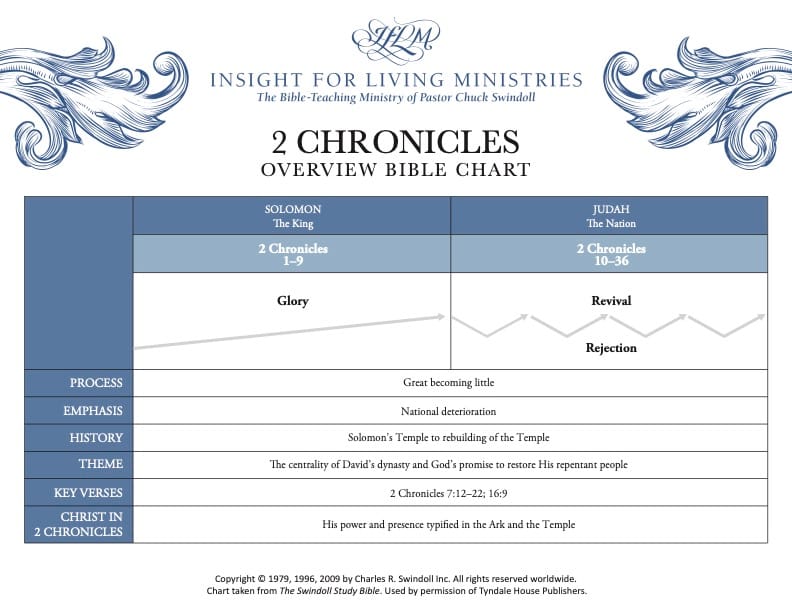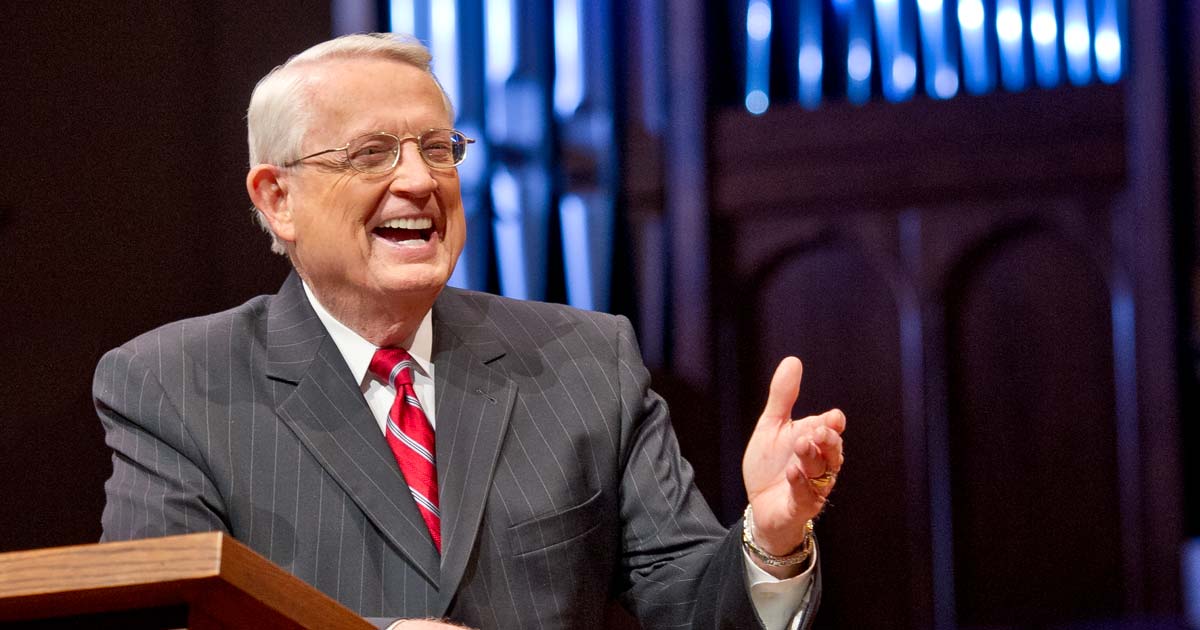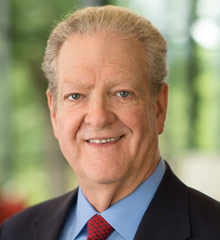
Like a good detective, let's examine this book.
🔥 Overview
The book of 2 Chronicles was written at the end of the Babylonian captivity. The nation is slowly returning to its homeland. The overall message of 2 Chronicles is positive. It was likely written by Ezra. He was a priest and scribe, so the focus is from a priestly perspective that also focuses on the worship of God. While Samuel and Kings focus more on the nation of Israel, Chronicles focuses on the nation of Judah. Originally, 1 and 2 Chronicles were written as one book. Therefore, you will see the end of one and the beginning of the other flow together well. 2 Chronicles begins to tell the story of David and his descendants.
🔍 Things to Notice
- The Nation Under God and Godly Rule
- The Nation Deteriorating Under Ungodly Rule
- God is with the Faithful
🙏 Jesus in this Book
(Every book reveals the glory of God, displayed in Christ Jesus)
- Jesus is the Good, Eternal King.
👀 Themes
- Decline.
- Division.
- Remnant.
- Choose whom you will serve.
😀 Who?
Who wrote it? Likely Ezra.
Who is the original audience? The nation of Israel and Judah.
🪧 Where?
Where are we? All events in Israel.
⏳ When?
When was it written: 538-333 BC. Time frame talked about: 970-586 BC.
🤔 What?
What is the big idea? 2 Chronicles show the nation what happens when they follow God and what happens when they don't. It is a cautionary tale and a tale of triumph, too. The Lord offers the same hope for us as well.
🧐 Why?
Why is this book important?
From Chuck Swindoll, "The book opens with Solomon establishing his throne over a unified nation, solidifying his authority and squashing early rebellions (1 Kings 2). He then built the magnificent temple of God, using the plans God gave to his father, David. Six of the nine chapters devoted to King Solomon focus on the temple construction, a task reserved for him since before his birth (2 Chronicles 2–7).
When the kingdom split under the rule of Rehoboam, Solomon’s son, the Levites from all over Israel sided with Rehoboam and flocked to Jerusalem to continue their priestly duties (10:1–19). But a cycle of righteousness and corruption characterized the throne. Some kings were completely evil, disregarding God’s Law and leading the people into sinful behaviors. A few kings, such as Solomon, started off as righteous but fell away. Others strayed but repented, such as Manassah (33:1–25). A few kings, such as Hezekiah and Josiah, were honored with the epitaph “he did right in the sight of the LORD” (29:2; 34:2). Throughout 2 Chronicles, faithfulness was rewarded; betrayal was judged.
A history lover will enjoy the numerous mentions of secular historical figures during this time period. From Tilgath-pioneer of Assyria to Sennacherib of Assyria, to Nebuchadnezzar of Babylon, non-Jewish foreign leaders played prominent roles in the political fortunes of Judah."
📝 How?
How can I apply it? Use this book as a cautionary tale about following the Lord in all things. When we do, we can see God's faithfulness. This does not mean we don't have rivals. It also doesn't mean we will not have to face the consequences of other people's decisions. It DOES mean the Lord is always with us.
Resources














